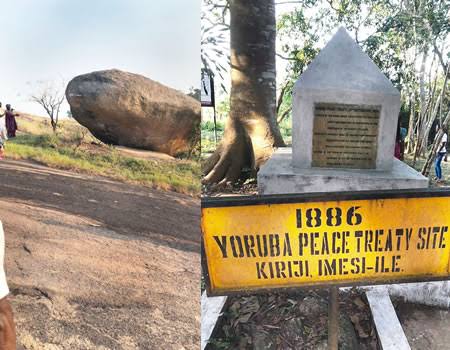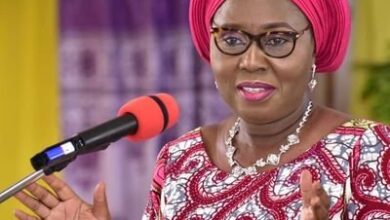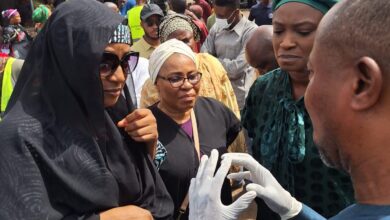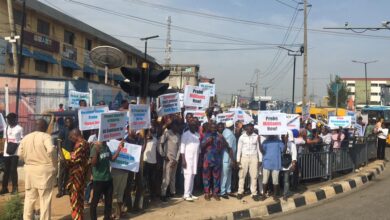
By Bola Akindahunsi and Ologeh Joseph
Hundreds of Yoruba leaders meet in London on Saturday restating their commitment to the Yoruba peace treaty signed at noon on September 23, 1886.
The treaty ended the prolonged Yoruba civil war, one of the longest in human history spanning more than 16 years of strive.
The war saw the local manufacturing of military weapons, mass recruitment of hundreds of thousands of Yoruba youths into the traditional Army and a rare demonstration of ingenuity on warfare that marvelled Europeans who were just smarting from the Berlin Conference of 1884 where Africa was partitioned into spheres of influence.
The war was fought by allied Army of Ekiti, Ijesa, Akure, Akoko, Okun with soldiers drawn from Itsekiri and Ilaje formingthe bulk of the Naval force that confronted Ibadan, the mightiest Army in Africa at the time.
The Ibadan were led by General Latoosa while the allied forces under the codename Ekiti Parapo or Kiriji were led by General Ogedengbe, a native of Ilesa who earlier had been trained in infantry, military intelligence and guerilla warfare in Ibadan, then the most formidable military city of the time.
The war lasted for close to two decades leading to the death of hundreds of thousands of soldiers from both sides.
Significantly, children, the aged, physically challenged and women were never killed by either sides though there were many instances of forced marriage by soldiers who adopted women on both sides.
No fewer than 500,000 soldiers were committed by both sides into the conflict akin to the British or American civil war.
Many history experts see beyond the exchange of bullets in a war that also demonstrated the Yoruba spirit of resilience, courage, military technology, military tactics, political economy (the war was fought without famine or borrowing from foreign nations) and above all, the Yoruba preference for Indigenous Federalism as against Unitary system controlled by Ibadan.
An official of Oodua Liberation Movement, (OLM) who spoke to Irohinoodua expressed his disappointment that no single Yoruba state even remembers this Kiriji War arguably the most significant political development in Yoruba history of indigenous governance long before Nigeria came into existence in 1914
” The State Governors in Yorubaland of today are naive and anti-history. We hope in no distant future, a revolution will occur that will sweep them all away. I can’t imagine that since 1999, apart from Ekiti State, no single Yoruba State has deemed it fit to organise a lecture or mark this most important event but they can give their girlfriends 500million contract. We are being led by people who are anti-history and completely shallow. If Kiriji was an affair of the Fulani, they would have turned it into an international affair,” Sunday Akinnuoye said
In London today, under the banner of Yoruba First, hundreds gathered to mark the 137th anniversary of the war.
Yoruba is one of the largest indigenous black African nationalities.
At the London gathering, the committment to the Yoruba Peace Treaty was reinforced.
Kiriji War, an internecine strife which ended in 1886 with the Yoruba Nation dedicating itself to unity and oneness. They people swore never to fight each otter again but to unite against foes and adversaries from without.
Several Yoruba met at the London event held at the Intercontinental Hotel in the city of London.
The organisers are Think Yoruba First Organization, Yoruba Foundation, Yoruba Council of Elders, Yoruba Lives Matter, and Yoruba Koya.
Some of the guests were Dr. Bukola Ogundoyin, include Kabiyesi Olugbon, Oba Oloye Lekan Alabi, veteran journalist and Maye Olubadan; Otunba Giwa Deji Osibogun; Mogaji Joshua…





